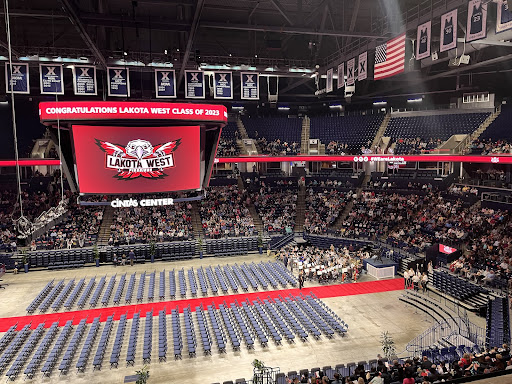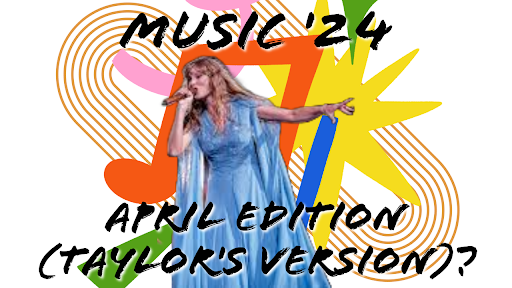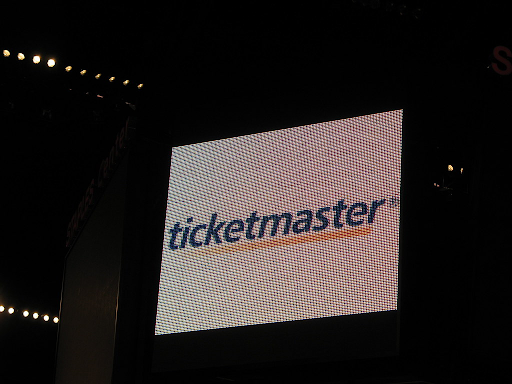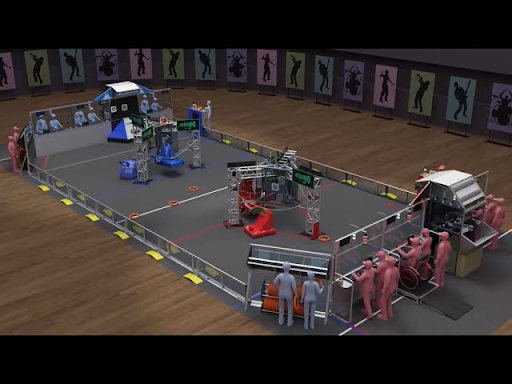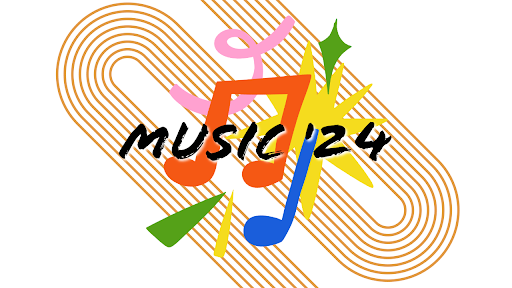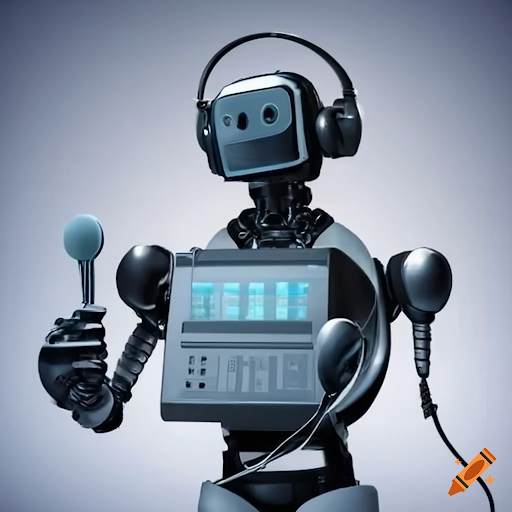
Suno AI is an AI music generator that was just recently released to the public. The AI software can take a user-generated prompt and create a high-quality song equipped with lyrics and AI-generated vocal melodies. Though this software is a very exciting advancement in the world of AI, it poses the question of whether or not creating music through a generator is ethical.
AI-generated music is a very new concept in the AI industry, but its inevitable existence has already caused many experts to examine its legality months before its availability to the public. Experts have argued over whether or not an AI that takes inspiration from artists’ copyrighted material would be legal to profit from. It turns out that it is not. The official ruling of the U.S. Copyright Office states that if AI-generated music takes audio from copyrighted material, which all currently available music AI does, it can not be profitable.
So, if nobody can make money off of AI music, why is it such a big deal to so many in the music industry? Though AI can not generate a direct profit for anybody, it can be used in other forms of media and entertainment. For example, a movie directed and produced by real people that uses an AI-generated soundtrack could turn a profit and take away opportunities from professional musicians.
AI music has the potential to take jobs from many different people involved in the process of scoring a separate piece of media. As a movie director, it makes much more sense to just generate music to use instead of having to pay someone to write it.
Another big issue with AI music becoming widely accessible is the effects that \it will have on the demand for human-made music. If people can just generate their own music to listen to, why would they want to spend money on music made by real people? It would be viewed as a complete waste of money.
These issues will most likely not be the case, however. Society appreciates art because it is a reflection of the human experience. We listen to music because of its relatability. People like art because it makes them feel something. AI may have the ability to mimic emotional experiences based on preexisting art, but experts do not believe that AI can understand and replicate emotion nearly as well as people.
Throughout the 80’s and 90’s, people in the music industry feared that digital recording software would result in the end of acoustic recording. Musicians in the 1890s believed the same about playing live shows when the gramophone made musical recording possible. Neither of these things happened though. People still go to live shows and acoustic recording is still a very popular recording style
Man-Made music will most likely not die out like many artists fear. Music made by humans will continue to be listened to, bought, and sold. AI will most likely establish itself as a different style of music creation, not replace the ones that already exist.


